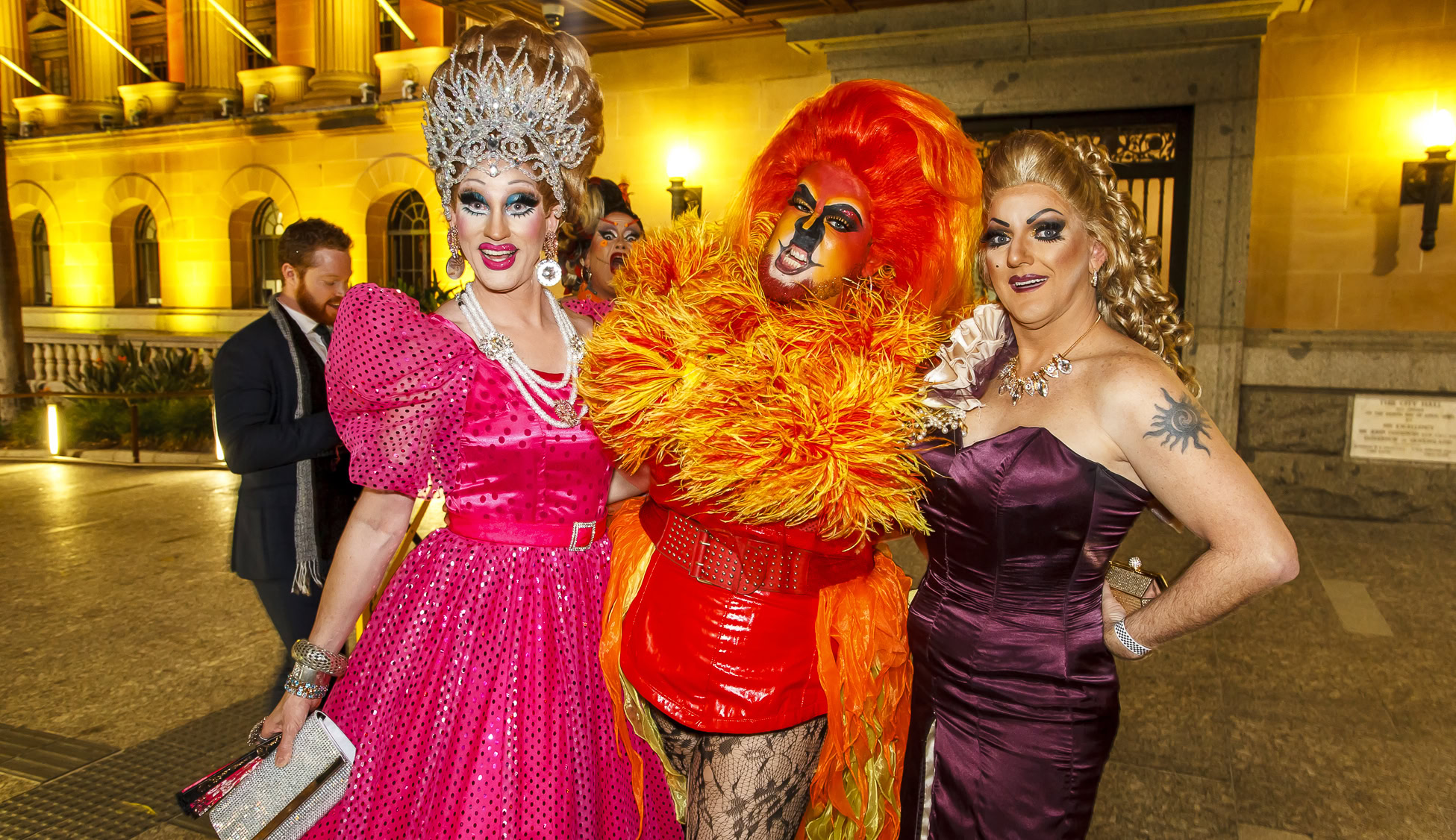
Belief in aged-care sector LGBTI people with dementia “become straight”

NEW research into LGBTI people and dementia aims to combat a myth in the aged care sector that LGBTI people with dementia “become straight”.
Researchers into LGBTI people and ageing at La Trobe University pointed to an apparently widely-held belief older people with dementia “lose” their sexual or gender diversity. This idea is allegedly common not only within aged care service provision — it has been discussed in public forums like professional conferences, as recently as in the past year.
The research project led by La Trobe’s Dr Catherine Barrett in conjunction with Alzheimer’s Australia aims to address this damaging misconception by documenting the diverse experiences of LGBTI people with dementia.
She told the Star Observer the view was harmful because it was coming from people in positions of authority in the field.
“It’s kind of a homophobic view in a way, that being LGBTI is some kind of a performance, and that we lose capacity for the performance if we get dementia,” Barrett said.
She said it was as though some thought LGBTI people with dementia had “regressed” to a point before they “chose” not to be heterosexual.
An earlier study called My People, conducted by older lesbian and gay groups Matrix Guild and Vintage Men, cited an aged care service provider asking for assistance in understanding how to meet the needs of a new resident “who used to be gay”.
Barrett said the impacts of these views on LGBTI people could be severe, as it meant aged-care service providers believed they did not have to engage with sexual and gender diversity around people with dementia.
She told the story of one man whose partner with dementia was living in an aged care facility for people with mental illness.
“His partner who was in the facility needed a lot of comfort and a lot of reassurance, because he couldn’t quite understand why he was in the facility, and so hugging and touching and kissing and holding hands was incredibly important to him,” Barrett explained.
“Their relationship was visible because of that partner needing contact, and he had a couple of episodes of discrimination from other residents.”
Barrett said in one interview already conducted by the researchers for the study she asked a gay man with mild dementia what he thought of the idea of “losing” sexuality and gender diversity.
“I said, ‘so do you think as a person with dementia you are still gay?’ And he laughed and laughed and laughed, and then he said, ‘naturally’,” she said.
Barrett said stories from the interviews will be collected for a publication, to shed light on the personal and unique experiences. Researchers will also develop education resources around the issue of LGBTI people with dementia.
The project is looking to hear from LGBTI Australians living with dementia, as well as their partners, families and carers. Contact Dr Catherine Barrett at [email protected] to find out how you can participate confidentially.










I am happy to hear this research is being undertaken to complement the work already underway throughout the aged care industry.
UnitingCare Ageing, as well as many other aged care providers, has taken steps to engage with LGBTI communities and it has not been my experience that the sector believes people with dementia ‘become straight’.
To suggest those living with dementia lose their sexuality would be to imply they lose their individual identity. As an organisation which cares for thousands of people living with dementia we appreciate that behind the symptoms of the disease, the individual is always present.
By building relationships and listening to the needs of our clients, UnitingCare recognises and respects the uniqueness and dignity of each person and their relationships.
Steve Teulan
Director, UnitingCare Ageing
Perhaps it is possible that this article may be about a subset of a belief that aged people in care should not be sexual and their gender is malleable to the expectation of others, This may be a view that is reinforced by family members who may be uncomfortable an embarrassed by their elders expressing their sexuality in any way at all.
While evidence may be anecdotal the experience of being in care is a personal and individual one. Given that care is meant to meet individual needs, to the extent that it does not meet the needs of one or two, it warrants investigation for the possibility of systemic issues.
The headline on this article is misleading. Clearly the assertion of a “an apparently widely-held belief” among aged care workers that people with dementia ‘become straight’ is based on anecdotal feedback provided to Dr Barrett. What is the evidence for this? And who are the “people of positions of authority in the field” who have made such statements at “professional conferences”? The problem with sweeping statements is that they cannot be challenged. In this case, they also detract from the many aged care organisations (and individuals) working hard to improve the care of their LGBTI clients.